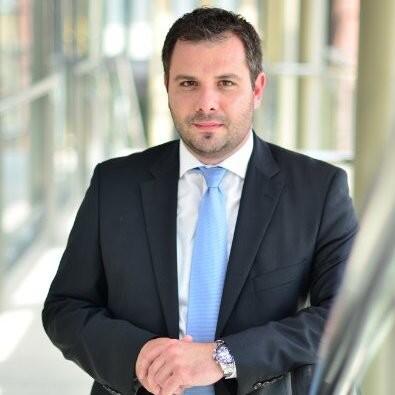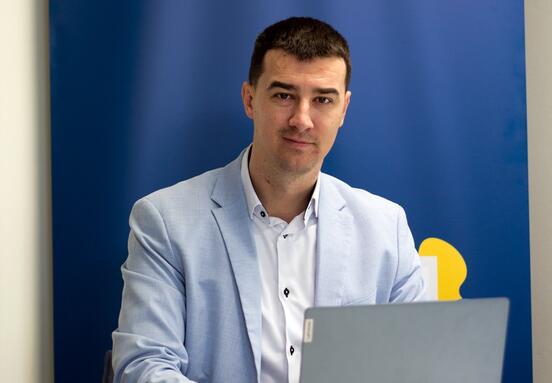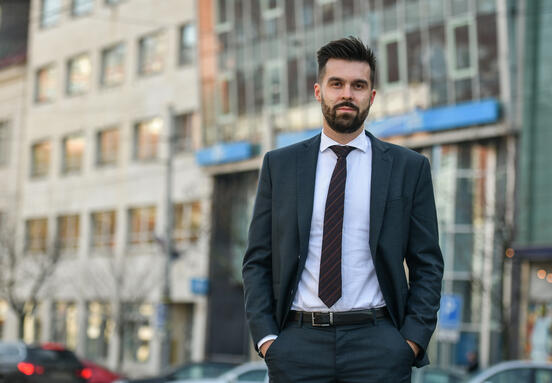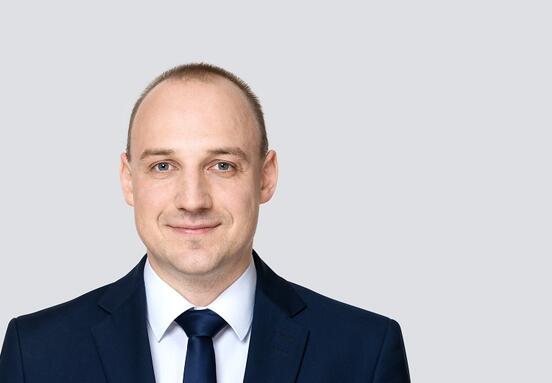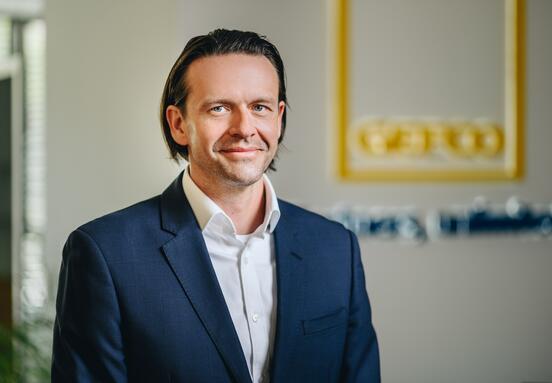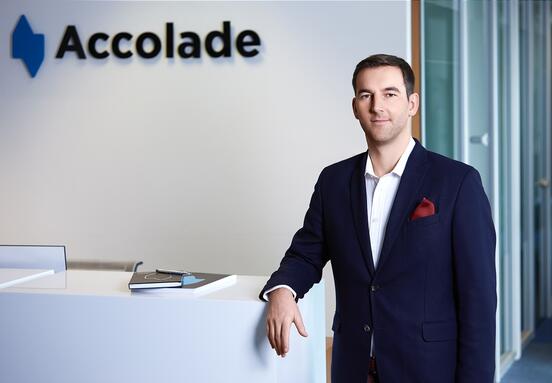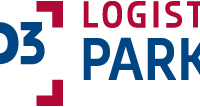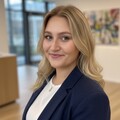How do you perceive the current economic situation on the market?
This year he tested readiness, resilience, but especially flexibility in almost every area of business. In our sphere of business, we perceive perhaps the strongest significant acceleration of trends in the field of e-commerce and online sales. It is clear that this year e-commerce has reached a turning point and has become one of the main ways of shopping from an alternative, complementary way of shopping. The period of strict measures and the closure of brick-and-mortar stores accelerated the diversion of trade to the Internet, and companies that had so far hesitated to deal with the e-shop had to devote themselves intensively to this area. The online sales boom also requires a quick response to customer demand, thus increasing the demands for the fastest possible connection of the logistics center with the city.
As far as demand is concerned, we anticipate increasing demand, especially in the area of e-commerce and 3PL, in the near future, also in connection with the rapidly changing market. Given the global situation regarding COVID-19, we are also witnessing that some projects are currently suspended and awaiting consolidation of impacts. From a long-term perspective, however, we expect a gradual recovery, respectively the restructure of these inquiries from our existing or future clients.
To what extent have the first and now the second wave of the coronavirus pandemic affected you?
Globally, we can say that the end of last year and this year we were also rich in terms of development activities. As part of P3 Logistic Parks, we continued to expand our logistics real estate portfolio this year as well. First, it was the acquisition of the pan-European portfolio of logistics properties Maximus, which brought P3 to its Slovak portfolio park in Senec. With the number of six parks with an area of 433 thousand m², we have thus become the largest developer and manager of industrial and logistics properties in Slovakia. We will end the successful year 2020 with the acquisition of the German portfolio of commercial and logistics real estate Matrix.
In the autumn of last year, we started the construction of the P3 Košice park in Nová Polhora. It is one of the newest logistics centers in our portfolio and at the same time the first center in eastern Slovakia with a total park area of almost 170,000 m2. These days we are preparing for the construction of the second hall, where 12,880 m2 of warehouse space with modern office space will be available.
Would you mention the innovation that helped your business?
We promote innovation especially in our environmental responsibility, which is reflected mainly in innovative construction solutions. These lead to energy savings, flexibility in the operation of our tenants and environmental savings. The area of sustainability and ecology is also an important part of the strategic planning of P3 activities around the world. We are the first logistics developer in the world to sign the UN Global Compact, the world's largest corporate initiative to achieve sustainability.
In the design and construction of sustainable warehouses, we have adopted a scientific approach that touches on three main areas. Simulation of energy performance of buildings uses a 3D model to calculate the energy performance of the proposed warehouse, which takes into account not only the sunny side of the building, but also the direction of the wind, as well as glazing, shading or air conditioning. Life cycle assessment helps to obtain information on the environmental impacts of building materials and the final energy performance of a building. By evaluating the thermal comfort of the tenants of each of the rooms and a combination of factors such as air temperature, radiating temperature, humidity, air speed and more, it is determined whether it is possible to work comfortably and pleasantly in the space.
Other innovations concern e-commerce and sustainable solutions. The spaces we prepare must be in accordance with the individual and demanding requirements of companies that are increasingly using robots and artificial intelligence in their processes. An example is a fully automated robotic line for wheel assembly for the automotive industry at PTG in P3 Bratislava Park. Sophisticated smart solutions are also used, for example, by Amazon and the use of drones in warehouses, or intelligent voice applications, Uber with the Air concept, or IBM with an intelligent digital building interface.
What do you expect from the further development of the economy this year and next?
I think that industrial parks and centers can make a significant contribution to the start-up and growth of the economy. There will also be another significant trend in the development - a more cautious approach to speculative construction. The current crisis is a litmus test for the right construction strategy. Being too optimistic and having a lot of speculative space has not paid off for many. Developers with a strong investment background have an advantage, which, for example, P3 also has in its owner. This allows you to be more flexible and more independent, which is always an advantage in turbulent times. In the near future, we plan to expand the current P3 parks, but we have also developed a few development activities.
Source:// Systémy Logistiky
